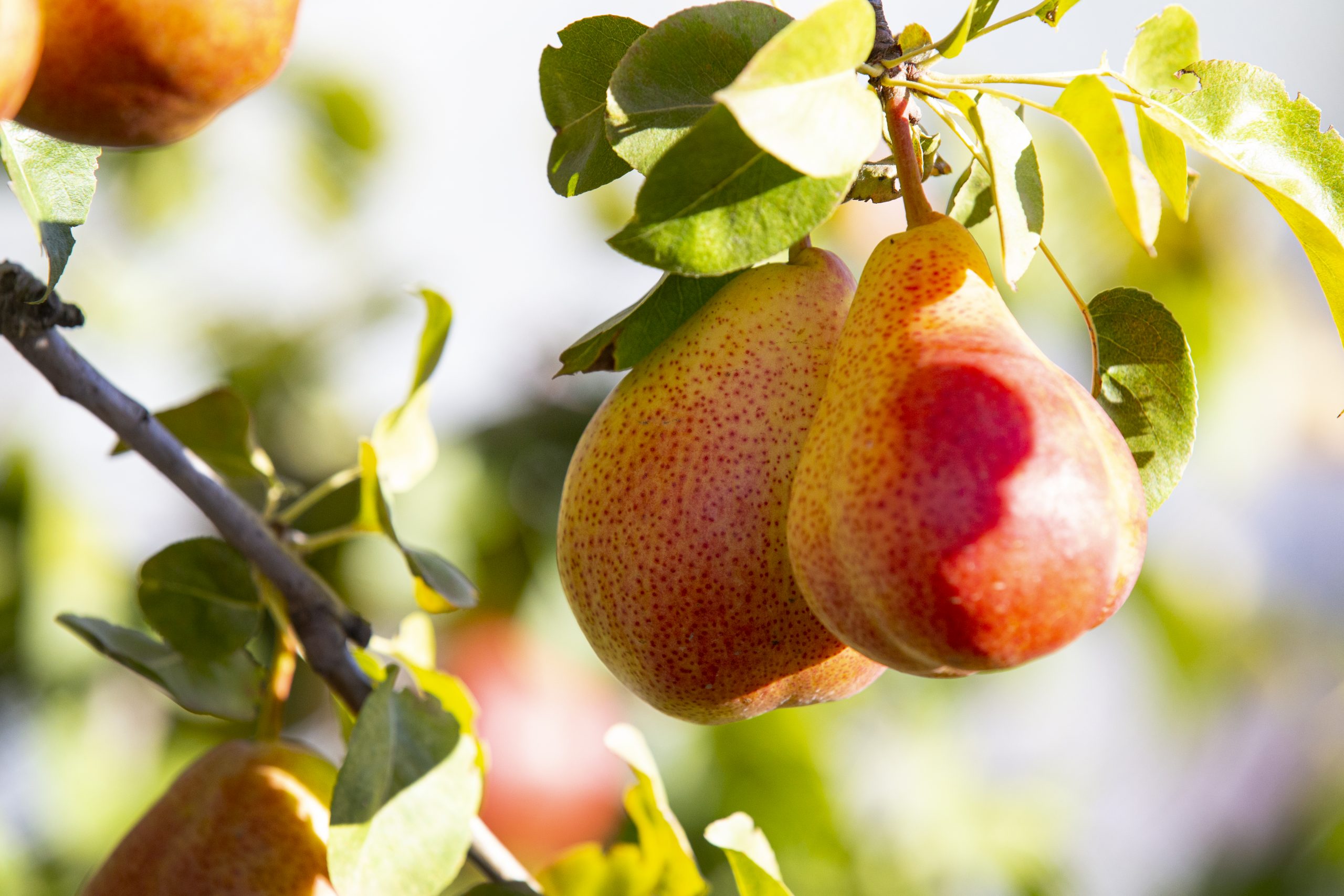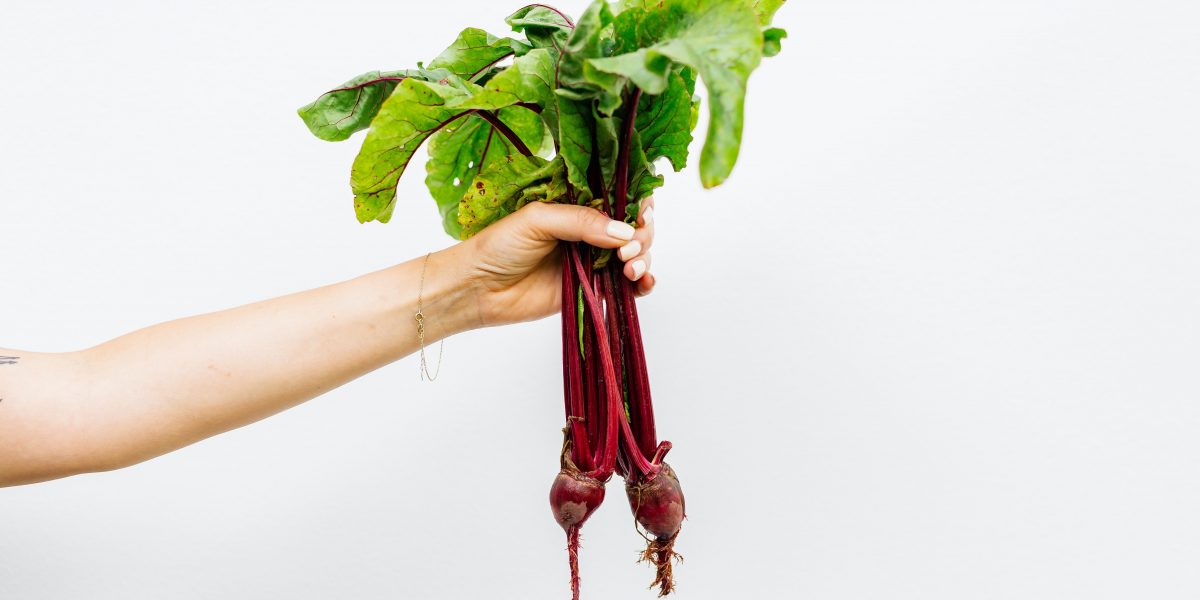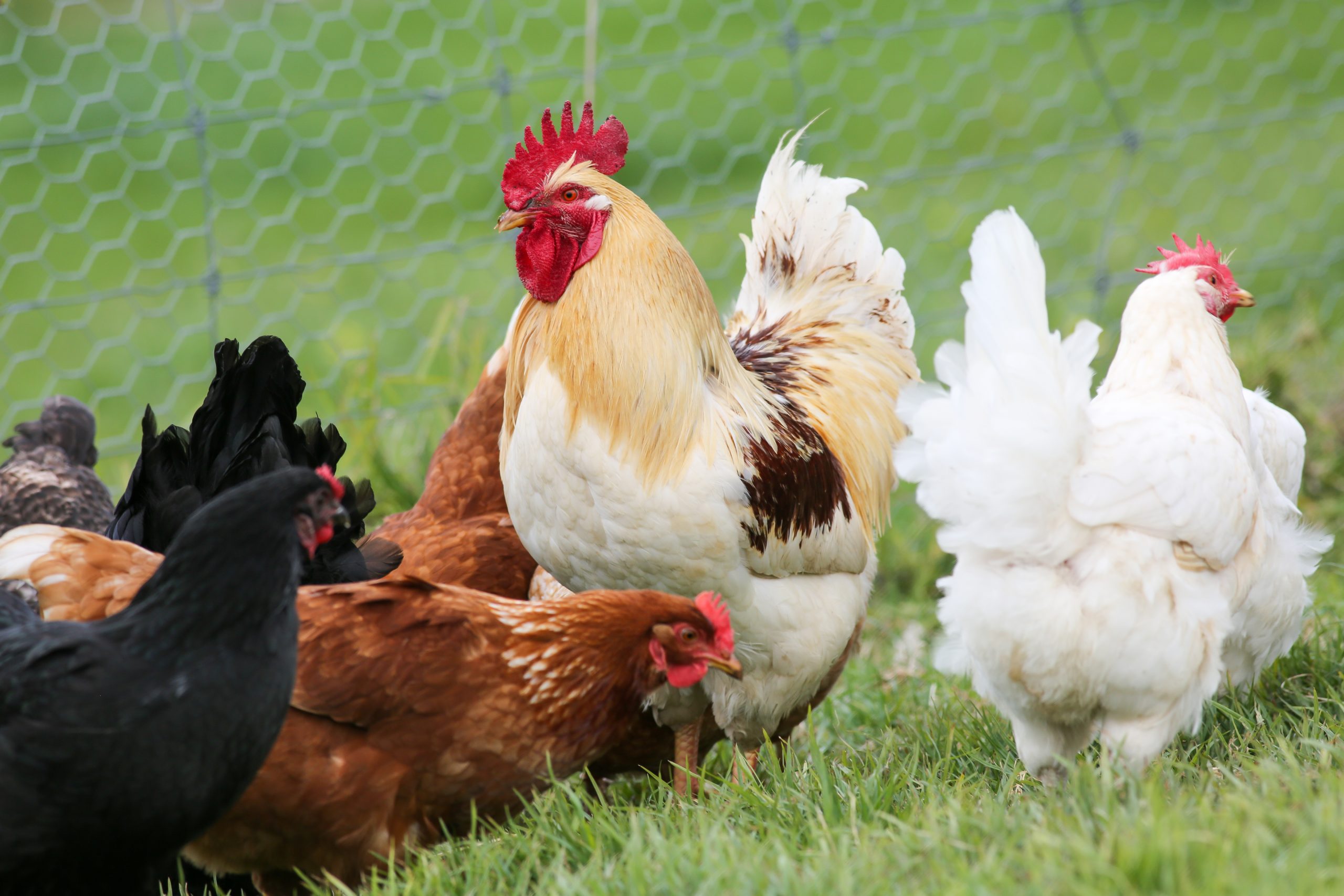Tips for buying organic food and groceries
Buying organically-grown food and groceries means you’re buying products that have a kinder impact on the environment, animals, and of course, yourself. We love to see people supporting the organics industry and choosing to shop organic, which is why we’ve collated our tips and tricks to buying organic food and groceries. So, the next time you go to your local supermarket, grocer or farmers market, remember to choose organic – and don’t forget to check to see whether the product is ‘certified organic’ to ensure you’re purchasing a true organic product.
So, let’s get started!
Buying organic fruit & vegetables
Shopping seasonally is the most ethical thing you can do for your back pocket and for the environment! It means the produce is most likely grown in a local environment, rather than travelling miles to reach your basket.
We recommend signing up to a organic produce box scheme in your local area (which means you’re supporting a farmer directly and sourcing products local!) Otherwise, your local farmers market or local organic grocer is a good option too.
If it’s not economical to buy all organic produce, it’s worthwhile looking at the Environmental Working Group’s Shopper’s Guide to Pesticides in Produce. This helpful guide released annually, showcases fruits and vegetables with the highest and lowest pesticide residues. This list includes strawberries, kale, spinach, nectarines, and apples, among several others.


Buying organic meat
Let’s start from scratch! We recommend reading the Australian Dietary Guidelines to understand the correct portions of meat for a healthy diet. The recommended amount is around 65 grams of lean red meat per day.
Animal welfare is the number one principle for organic farmers. If an animal becomes sick and requires conventional veterinary intervention for meat production, the animals loses its certification. And, feedlots are not part of organic production systems.
There are many differences between conventional and organic animal products and how they are produced. One of the main differences in organic animal products is that they are produced without the use of antibiotics and growth hormones.
Buying organic seafood
The important issue about organic seafood is that it is produced and harvested sustainably in accordance with organic Principles and Standards.
It is common practice for conventionally-farmed fish grown in overcrowded conditions to be given antibiotics to prevent disease.
If you are looking to buy organic seafood, the best place to start is searching online or to speak to your local organic retail shop.

Buying organic dairy, dairy alternatives & eggs
Did you know dairy products are the most purchased organic food in Australia? It’s great to know so many people care about the welfare of animals!
When you buy organic animal products, you are making a humane choice. If an animal becomes sick, the animal is quarantined and only returned to the organic system after a certain period of time when pharmaceuticals are no longer present.
We recommend always buying certified organic eggs. This guarantees hens are living their most humane lives.
Organic animals roam freely outdoors and eat organic grass, hay or other feeds without the use of additional feeds that are conventionally grown and have the potential to contain chemical residues or genetically modified grain, corn or soy.
Buying organic chocolate, tea and coffee
Within Australia there are now many varieties of organic chocolate, tea and coffee available—just look on the supermarket shelf—they are usually stocked alongside the conventional products or in the health food section.
Apart for the fact that they are grown using organic practices, an additional benefit is that many are also grown and harvested under ‘Fair Trade’ arrangements so that local growers in developing countries receive a fair price for their produce.
NASAA Certified Organic (NCO) is extensively involved in supporting small grower groups in developing countries, some of whom produce organic tea and coffee and export them around the world—so look for the spring leaf NASAA Certified Organic label on the product.


Buying organic wine, beer and spirits
Organic wines are extensive and priced very competitively against conventional products.
So much so that in some cases, organic wine producers do not put the organic label on a product—they simply let the quality and value do the talking.
All the big retailers stock organic wines—just ask them to point them out.
Many organic wine producers offer cellar door sales—why not make a day of it and try them for yourself.
View NAAA certified organic products to find organic wines in your local area.
See? Shopping for organic groceries has never been easier!
Want to find organic products and producers in your local area? Search for Certified Organic products and producers.
 THE NATIONAL ASSOCIATION FOR
SUSTAINABLE AGRICULTURE AUSTRALIA
THE NATIONAL ASSOCIATION FOR
SUSTAINABLE AGRICULTURE AUSTRALIA

